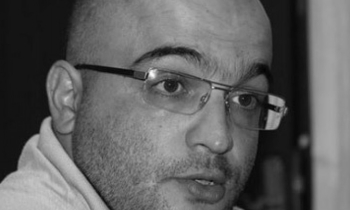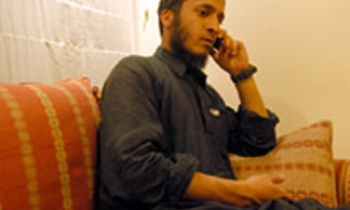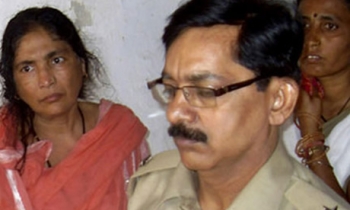Australia's proud international reputation for the strength of its democratic institutions and civil rights records received a blow with the latest findings of the 'Report of the Independent Audit into the State of Free Speech in Australia'.

The findings show that the media which is a key bastion of democracy in the country — has been increasingly handicapped by a legal and regulatory framework which hinders the free flow of information, including some 500 pieces of legislation which restrict the freedom to publish certain information. The report makes a distasteful read as it shows records of an increasing culture of secrecy and legislation limiting freedom of expression in the country, according to Australia's Media, Entertainment and Arts Alliance (MEAA) and ARTICLE 19.
The report has found that the legislation restricts the freedom to publish "secret" information, a poorly functioning access to information system, and tough and wide-reaching anti-terrorism laws.
Freedom of information and regulatory tools are meant to facilitate the flow of information but according to the findings they do not serve the public well on matters of government accountability. The audit also looked at the many barriers to getting access to information in courts and found the area wanting. Further it was found that institutionalised support for whistleblowers, important for exposing maladministration or corruption, is either non-existent or flawed and administration of these laws is carried out with very little leadership commitment. Shield laws are said to be still not in a state to provide protection to journalists.
The Independent Audit brings the misuse of Freedom of Information laws in the country to the limelight. It is believed as a result of this present threat to free speech that Reporters sans Frontières (RSF) ranked Australia 28th out of 169 countries in this year's international press freedom index — a fall from its 12th-place finish five years ago.
RSF focused on the anti-terrorism laws in Australia that “risk being abusively used against the press” such as phone-tapping without judicial supervision or forcing journalists to give information and name sources to police or the court. ARTICLE 19 says its slide is largely attributable to recent anti-terrorism measures, in particular the practice of unlawful phone-tapping and pressure on journalists to surrender their sources.
The report also suggests that public servants are prohibited to give direct information which leaves just the media department to look for. The wide acceptance of the principle of open justice has worn out over the last year. It was found that the main contributor has been the threat of terrorism. The limits on access by media to court documents and information and an increase in suppression orders are examples where the report finds the principle threatened.
MEAA says the report is the “most thorough and comprehensive record of the difficulties faced by journalists in their everyday efforts to obtain information." "Independent Audit" highlights the proliferation of suppression orders issued by the courts, the inadequate protection of whistleblowers, and a growing army of "spin doctors" in both the public and private sectors who are increasingly managing the news.
MEAA federal secretary, Chris Warren, said "Through a timely collaboration between this country's biggest media organisations and the Alliance, which represents Australia's journalists, we have been able to chart ways in which obstructions are put in the way of reporters trying to bring important facts to light."
Warren said it was imperative that whoever wins power at the forthcoming federal elections give this report serious consideration and show strong leadership in addressing the issues it raises, not only through legislation but by a shift away from the culture of secrecy and news management.
“A free press is the keystone of a healthy democracy," Warren said. He also added that the most important guarantor of government and corporate accountability is the press. And that it is this report that shows the extent to which Australia has moved away from the ideal democratic model and illustrates the reasons for this country's distressing slide down the international rankings in terms of free speech.









